
On Friday morning, Maryland state’s attorney Marilyn J. Mosby announced that the police officers who were involved in the arrest of Freddie Gray will be prosecuted for Gray’s death. The charges faced by the six officers include assault, manslaughter — and one that may be unfamiliar to many observers: one of the officers faces a charge of second degree depraved heart murder.
What does that mean? And how is it different from regular second degree murder? Though the Maryland penal code section on second degree murder doesn’t use the poetic-sounding term, it has a long history in the state. In a 1981 case in the state’s court of special appeals, DeBettencourt v. State, Judge J. Moylan wrote:
In homicide law, this classic form of malice is referred to as “express malice.” In its vaster experience with infinite nuances, however, the law of homicide has recognized variant forms of malice. It refers to these as the various types of “implied malice” (more sophisticated modern analysis recognizes them as forms of “equivalent malice”). One of these variant forms of malice —the analogue of the hour —is that of “the depraved heart.” It is the form that establishes that the willful doing of a dangerous and reckless act with wanton indifference to the consequences and perils involved, is just as blameworthy, and just as worthy of punishment, when the harmful result ensues, as is the express intent to kill itself. This highly blameworthy state of mind is not one of mere negligence (even enough to serve as the predicate for civil tort liability). It is not merely one even of gross criminal negligence (even enough to serve as the predicate for guilt of manslaughter). It involves rather the deliberate perpetration of a knowingly dangerous act with reckless and wanton unconcern and indifference as to whether anyone is harmed or not. The common law treats such a state of mind as just as blameworthy, just as anti-social and, therefore, just as truly murderous as the specific intents to kill and to harm.
To put that in layman’s terms, the charge of second degree depraved heart murder means that the prosecution thinks that the officer in question displayed “wanton indifference” to Freddie Gray’s life, and did not care whether or not the way he was being treated would result in his death. It is a heavier charge than negligent or involuntary manslaughter — depraved heart murder suggests that the perpetrator knew the act in question was dangerous and didn’t care.
As the Maryland Court of Special Appeals noted in 1991, the malice involved in that charge can be either an act of malice (using the example of driving a car into a crowd, not specifically intending to kill a particular person but with complete disregard for the fact that it was likely a death would result) or of omission (not doing something, such that you knew that failure to do so would likely kill someone).
In that same 1991 opinion, the court noted that those cases are often traced back to a British prosecution in 1857, in which one Lord Campbell stated that “it has never been doubted that if death is the directed consequence of the malicious omission of the performance of a duty (as of a mother to nourish her infant child) this is a case of murder. If the omission was not malicious and arose from negligence only, it is a case of manslaughter.” British case law is the source of much of America’s common law.
Despite the charge’s long history, its definition remains subject to debate. As has been pointed out by many legal scholars, the line between negligence and malicious recklessness can be a fine one—but it’s one that at least one jury in Maryland will likely have to walk in the near future.
See Protests Against Police Violence Across the U.S. After Freddie Gray's Death
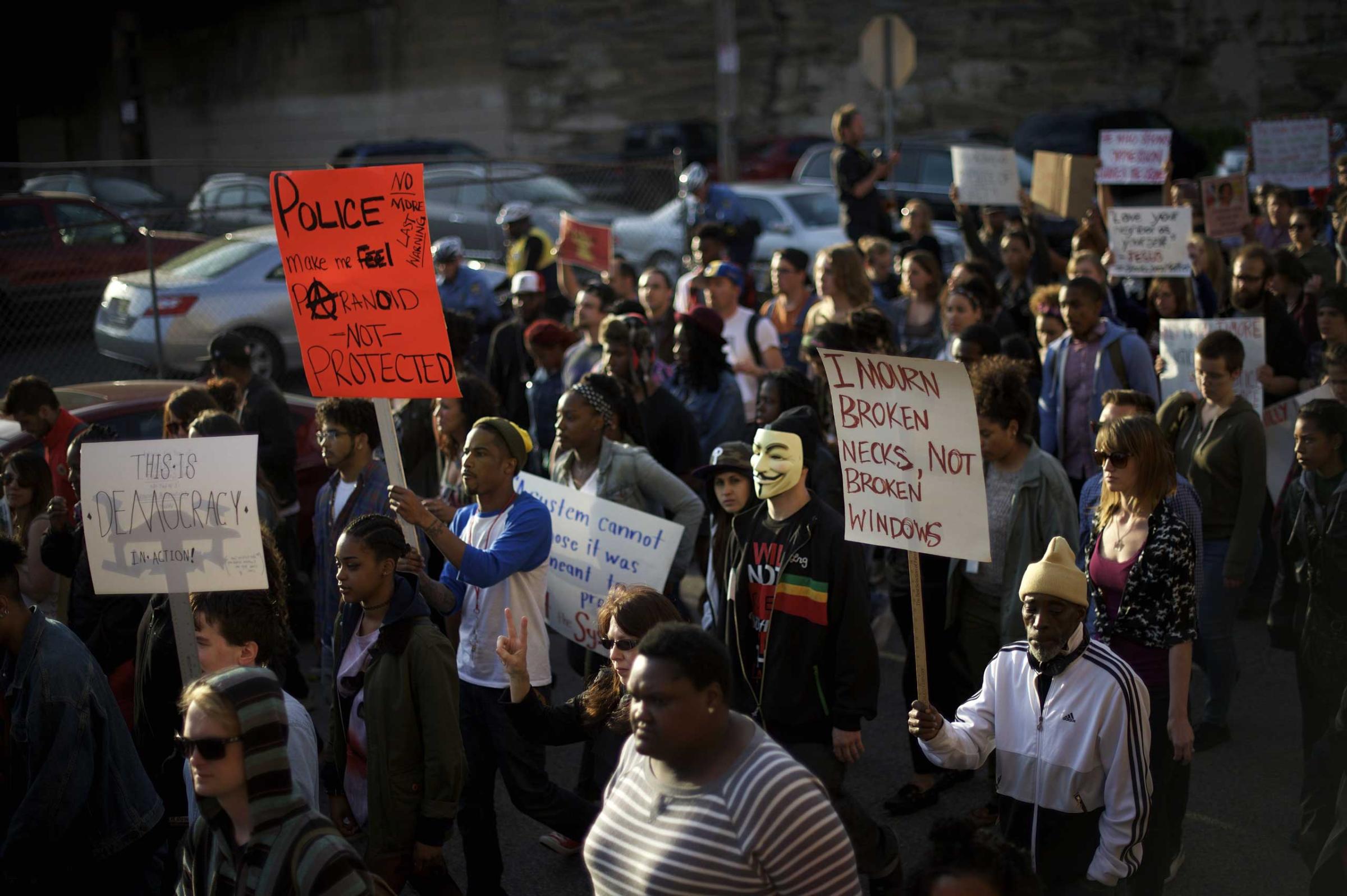


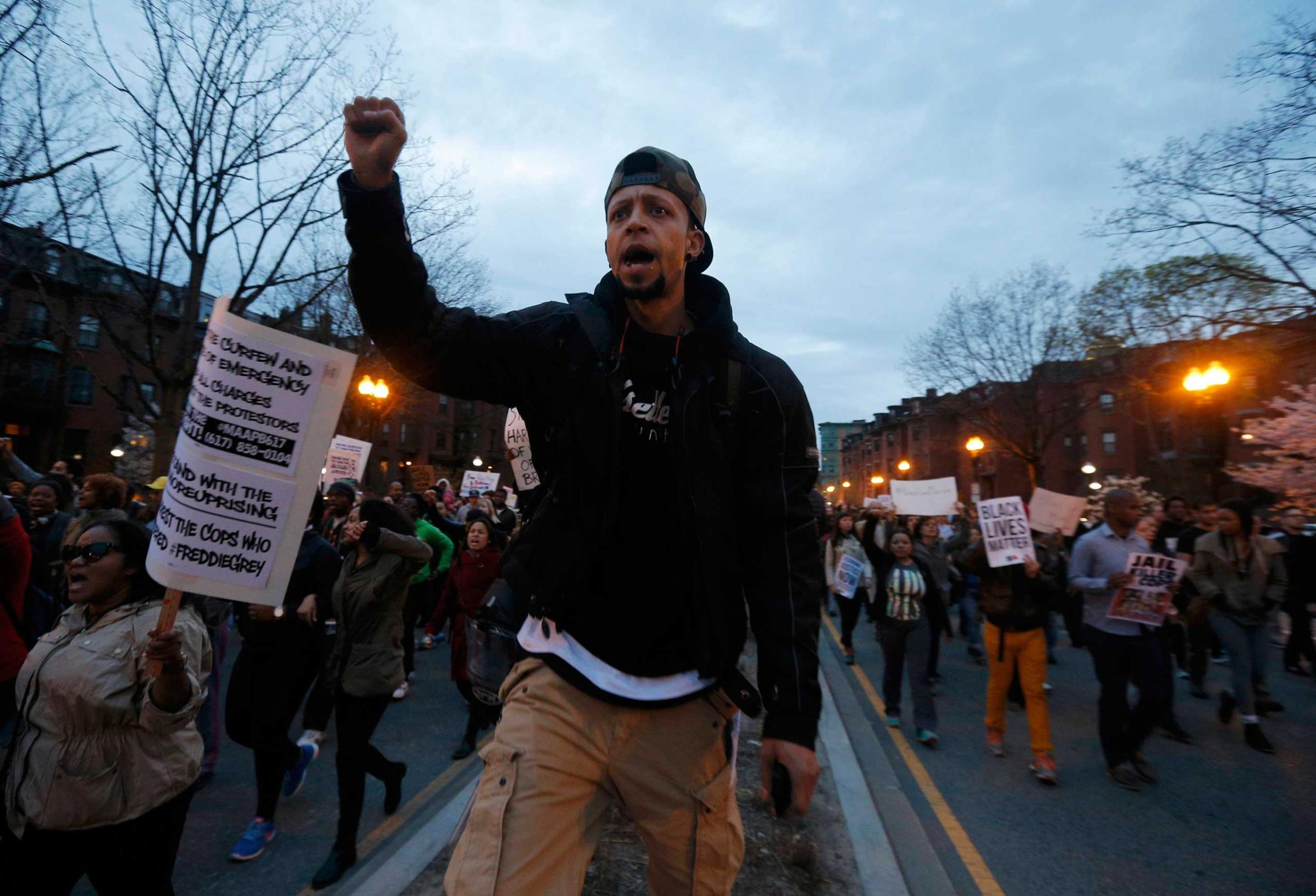
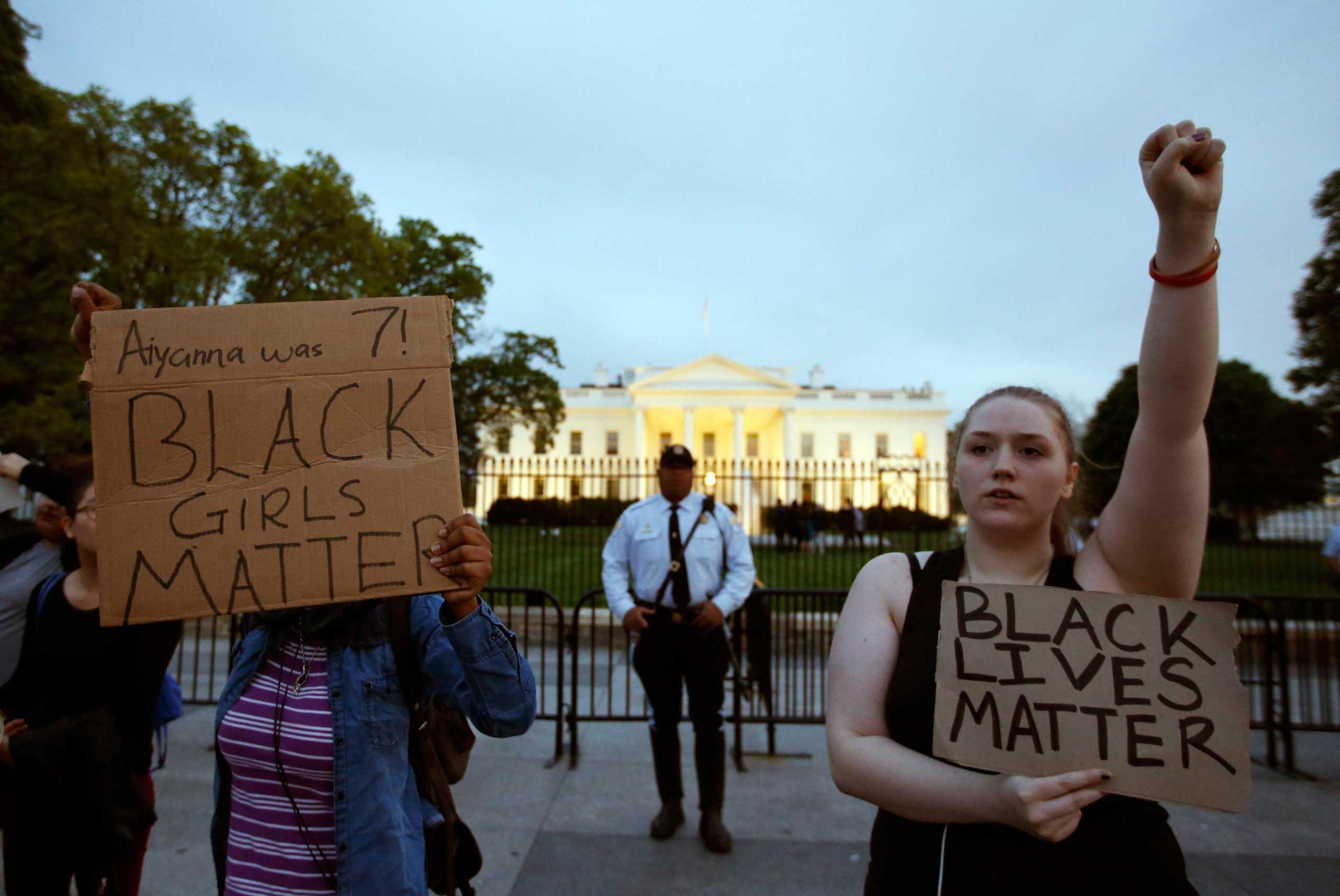
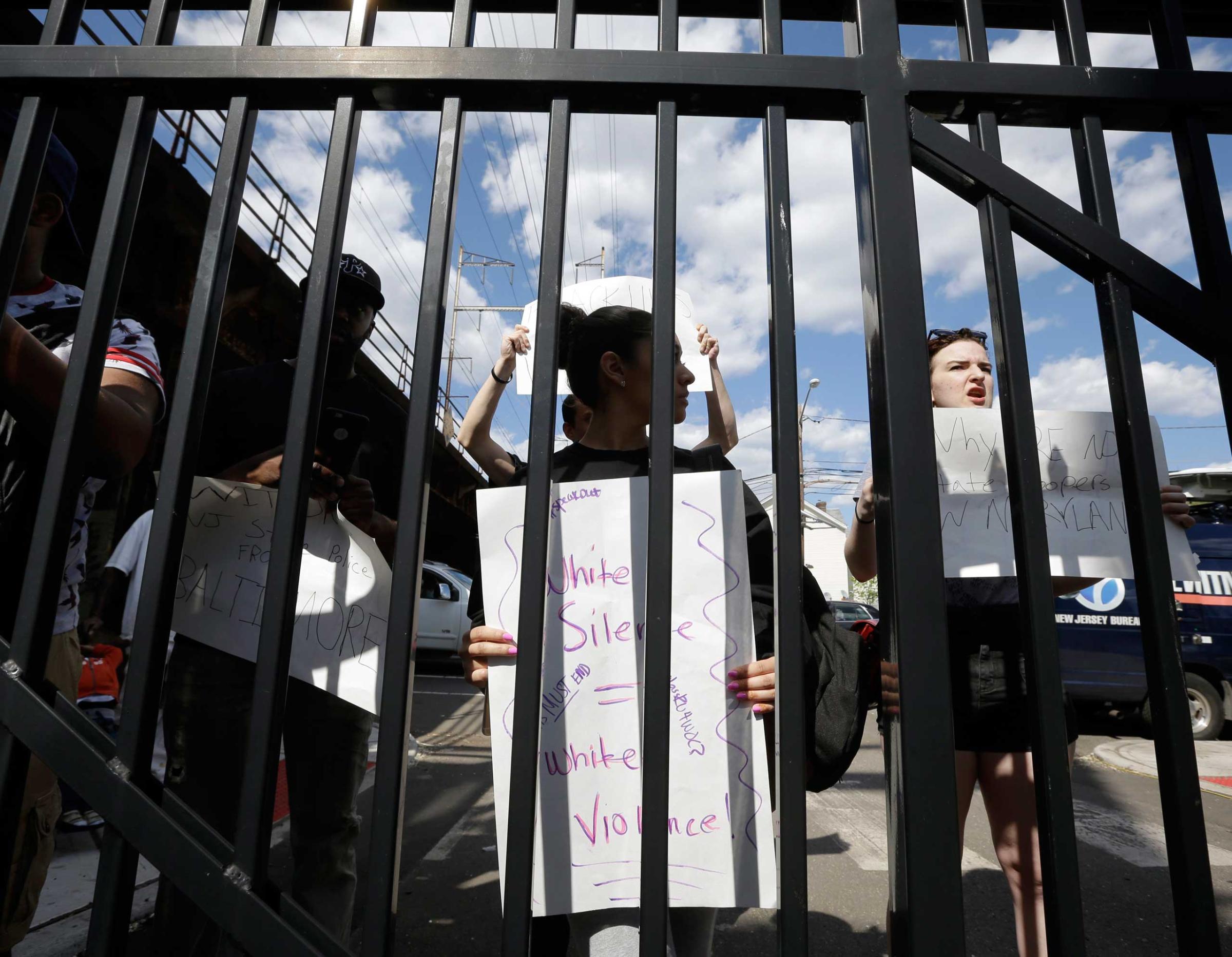
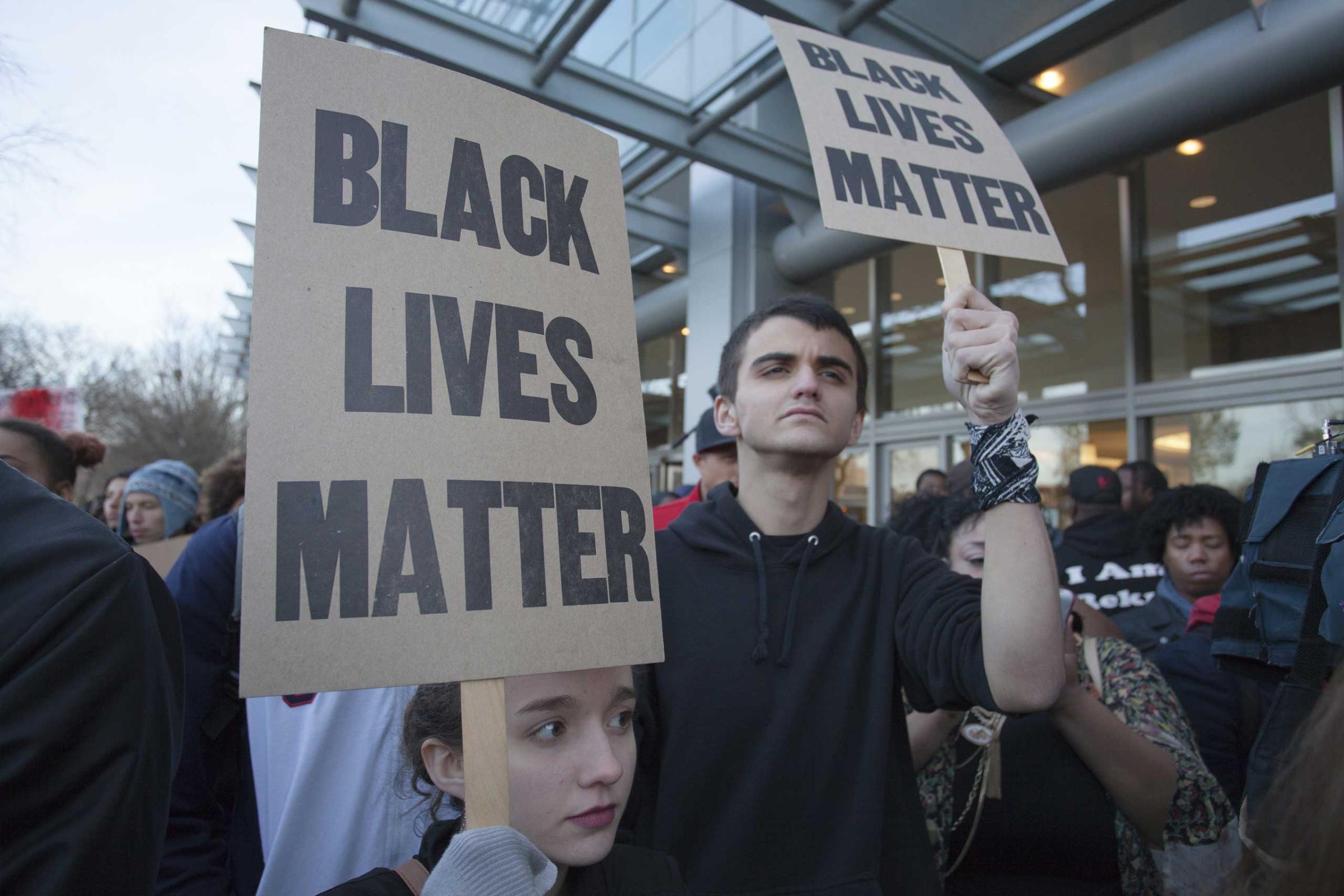
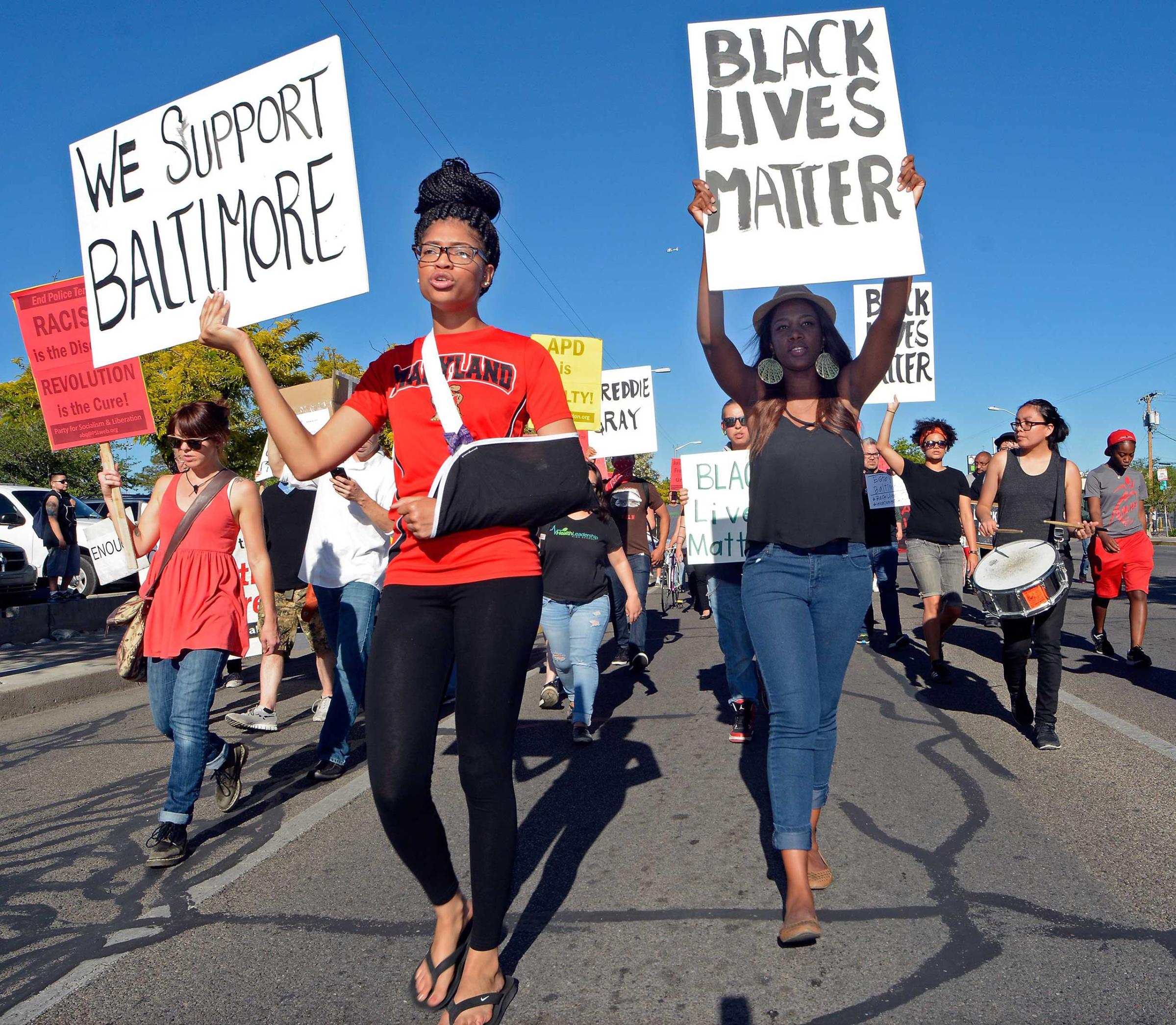
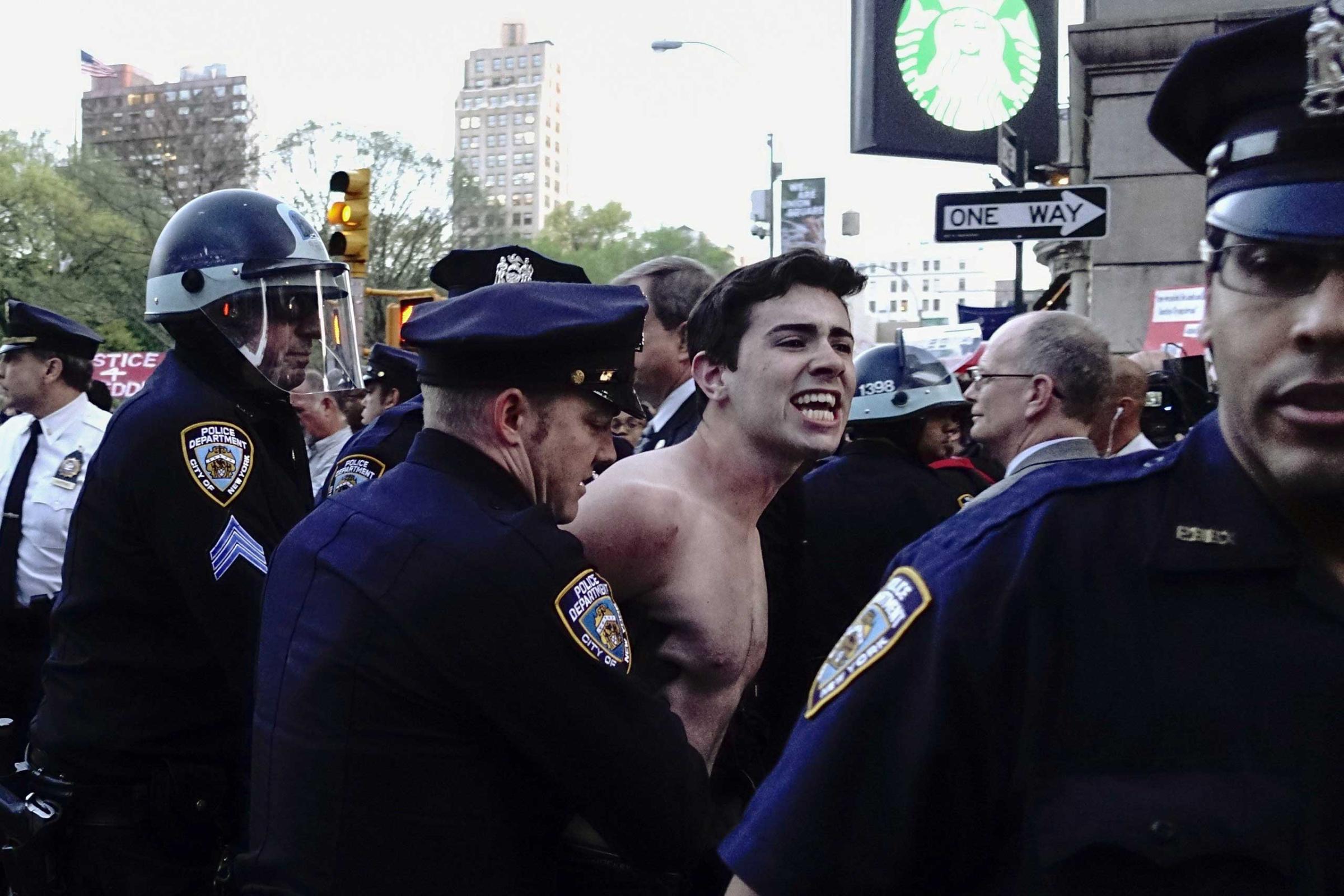
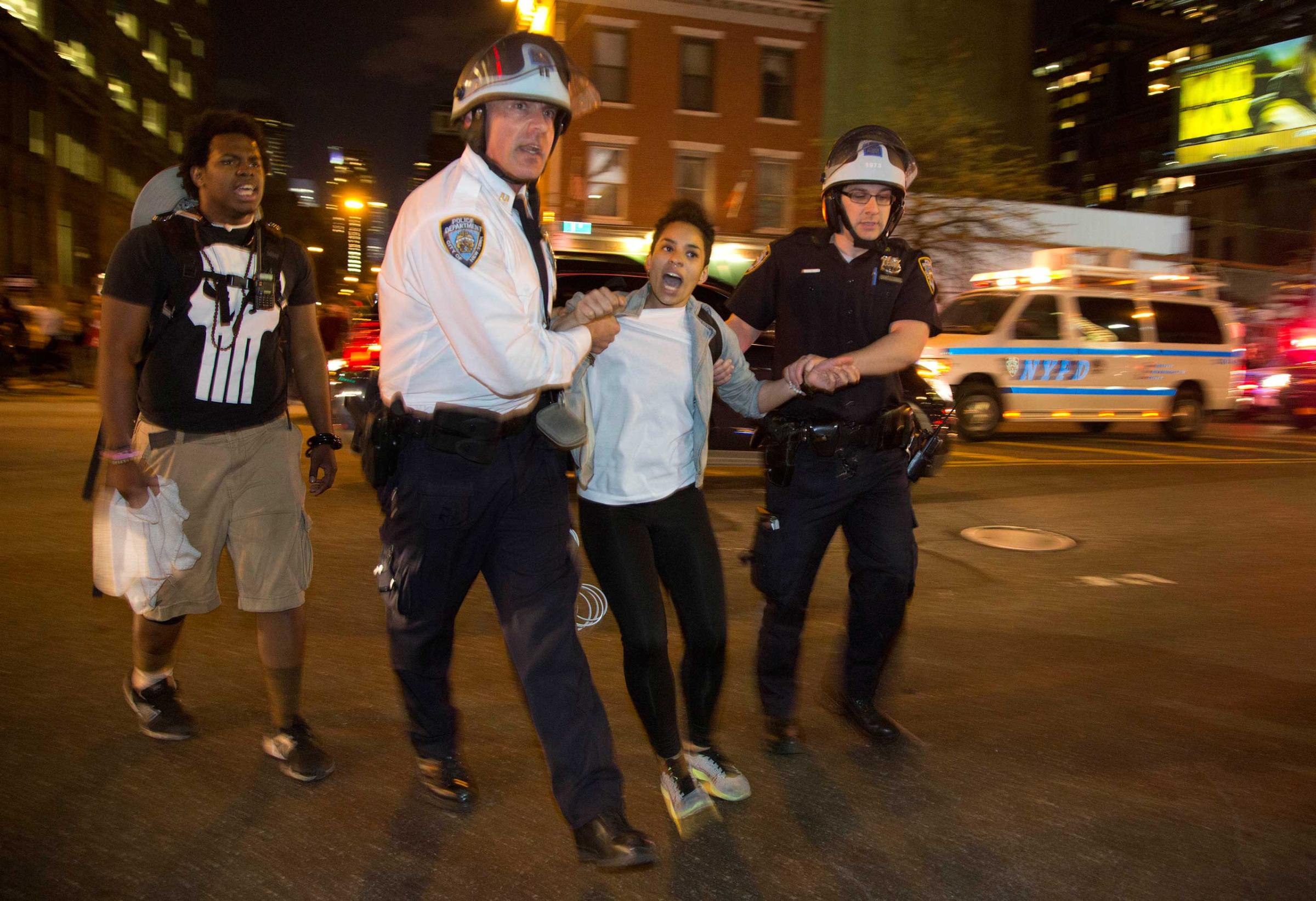
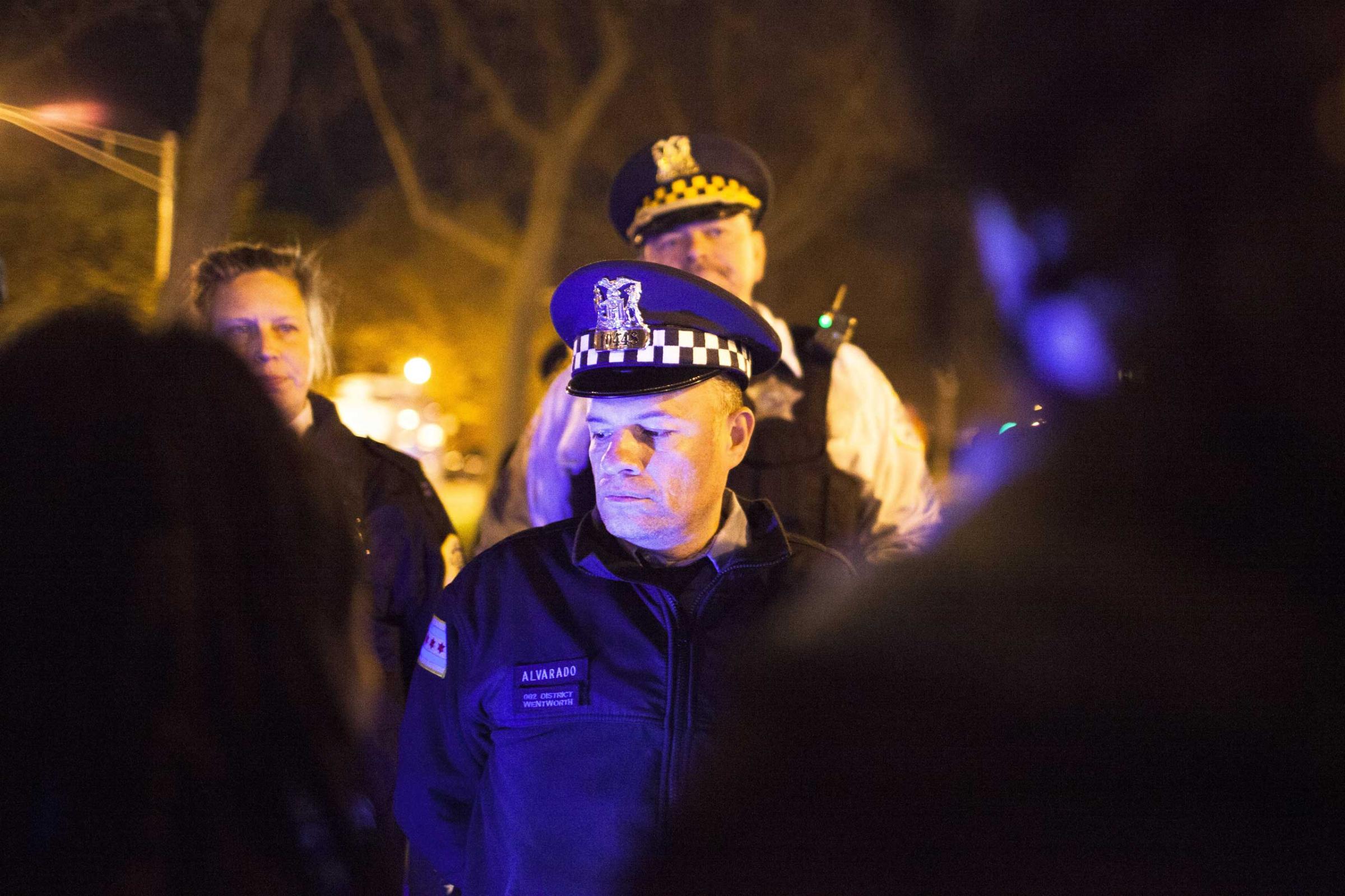
More Must-Reads from TIME
- Cybersecurity Experts Are Sounding the Alarm on DOGE
- Meet the 2025 Women of the Year
- The Harsh Truth About Disability Inclusion
- Why Do More Young Adults Have Cancer?
- Colman Domingo Leads With Radical Love
- How to Get Better at Doing Things Alone
- Michelle Zauner Stares Down the Darkness
Write to Lily Rothman at lily.rothman@time.com